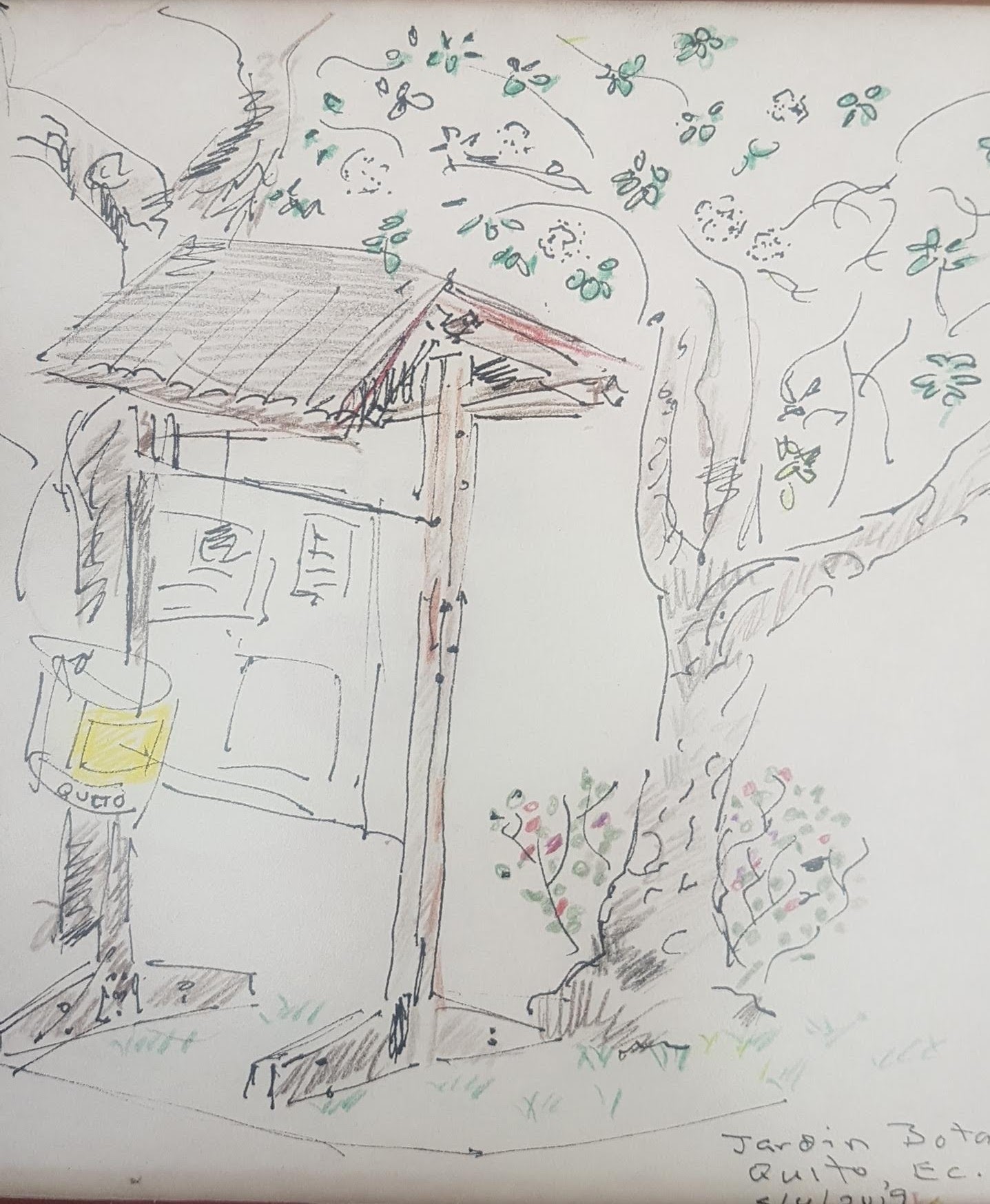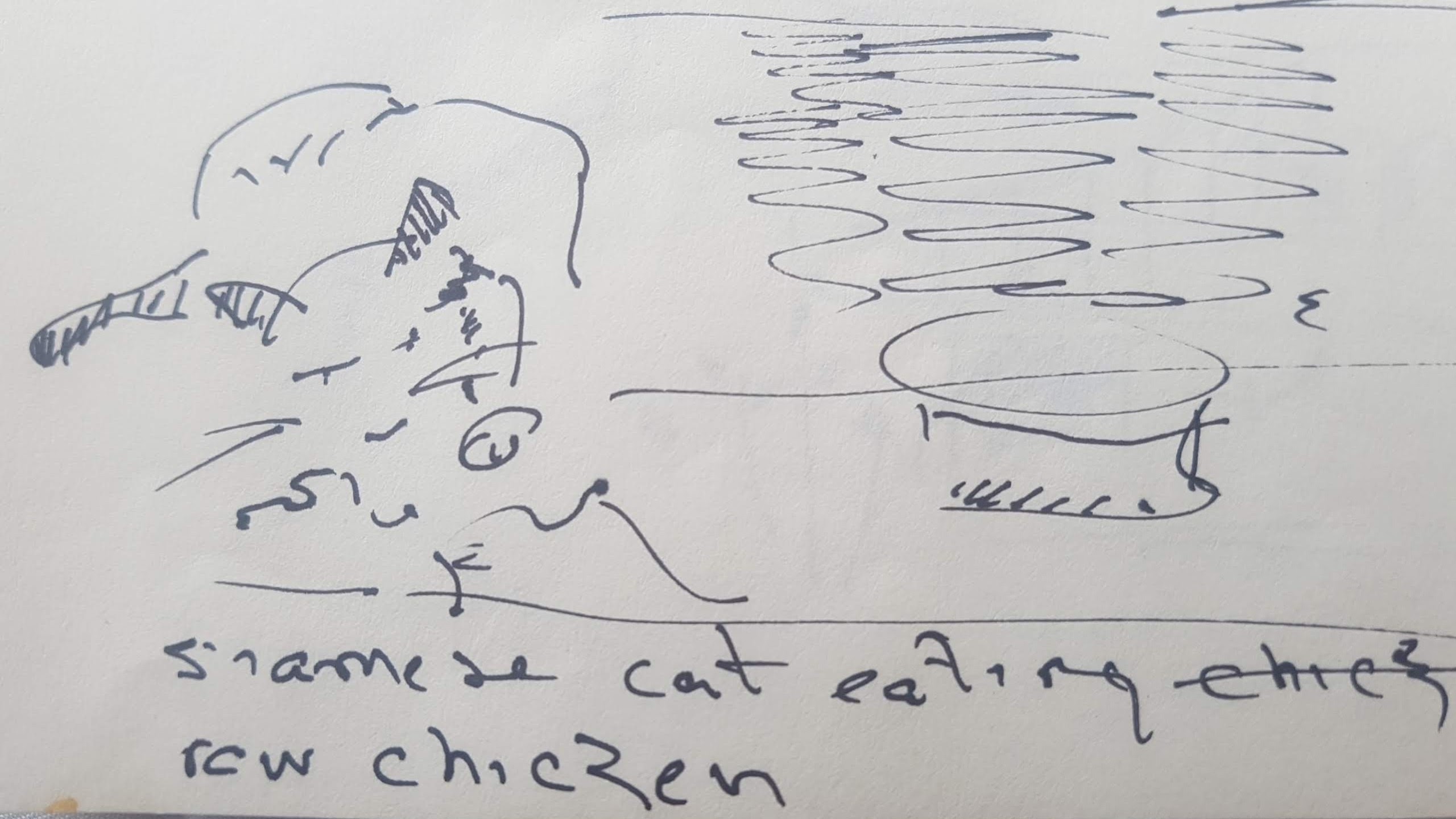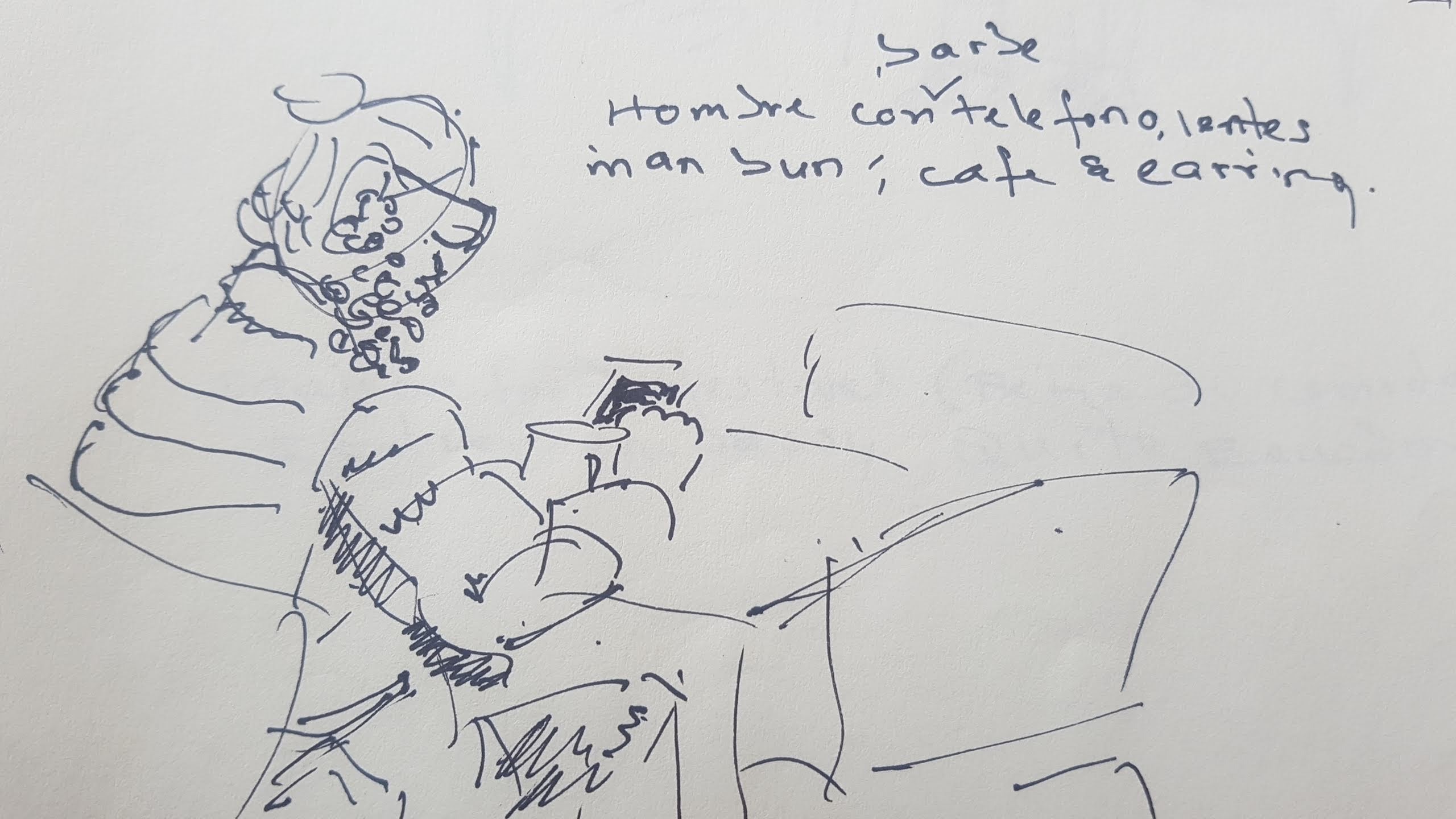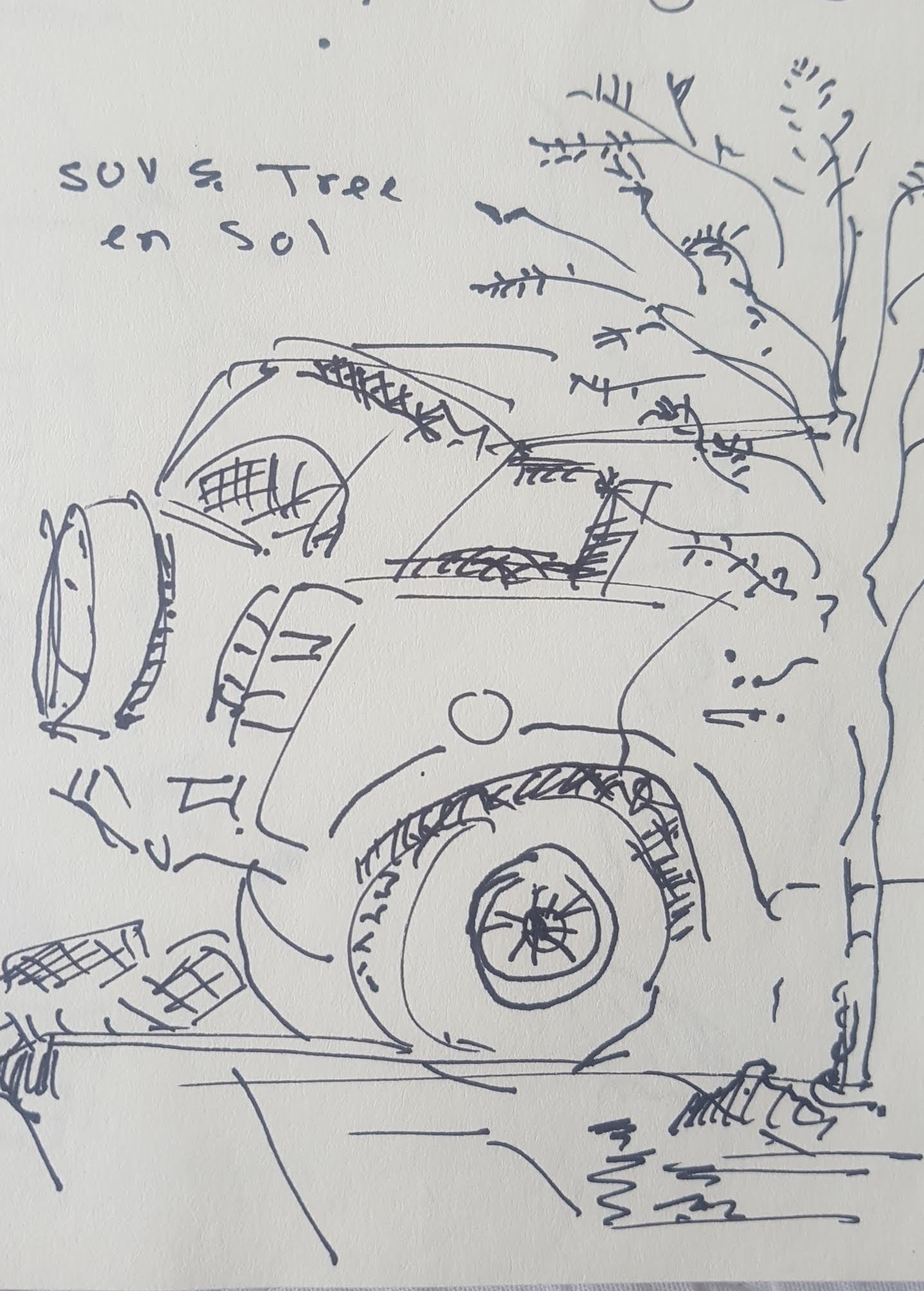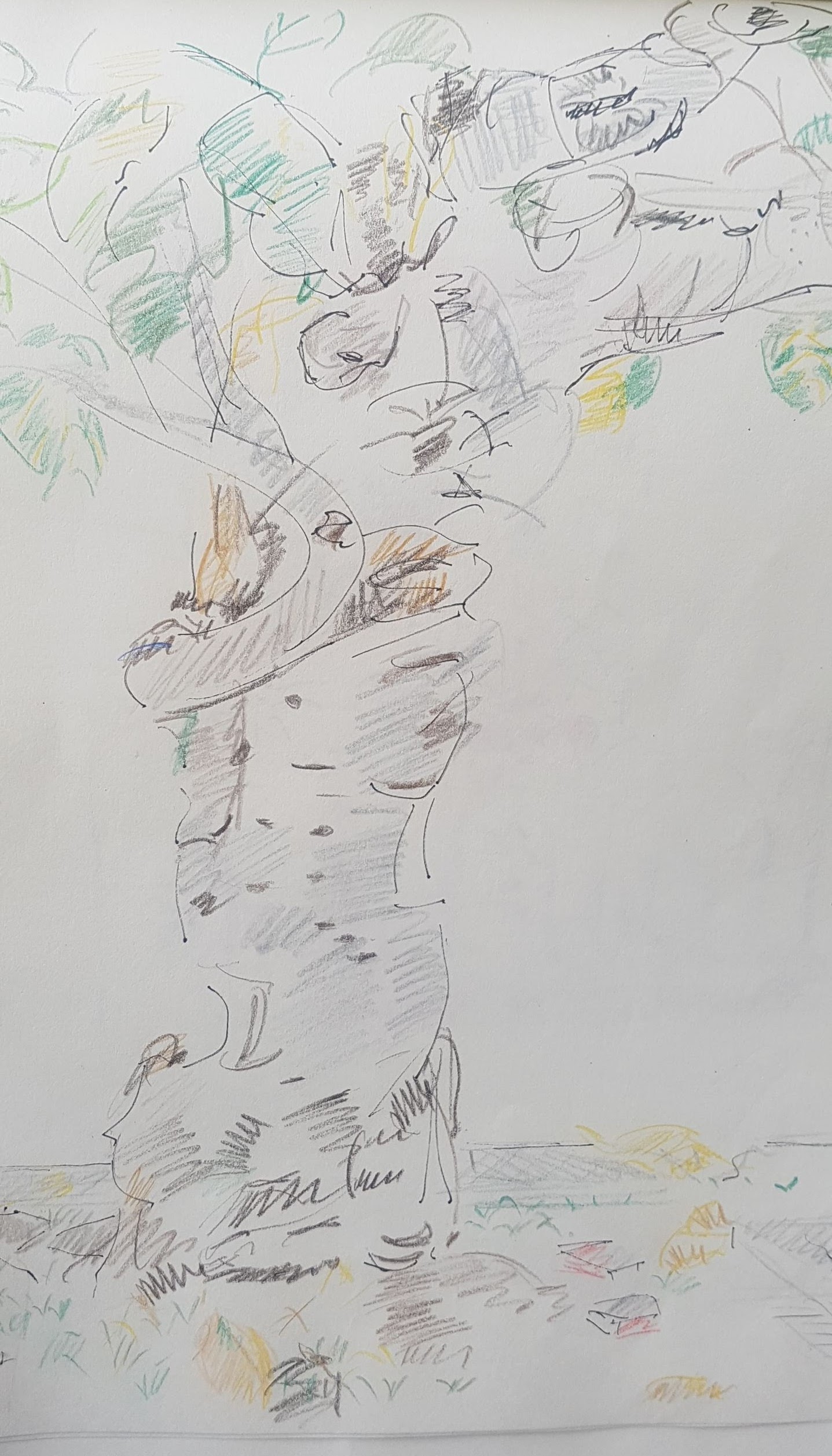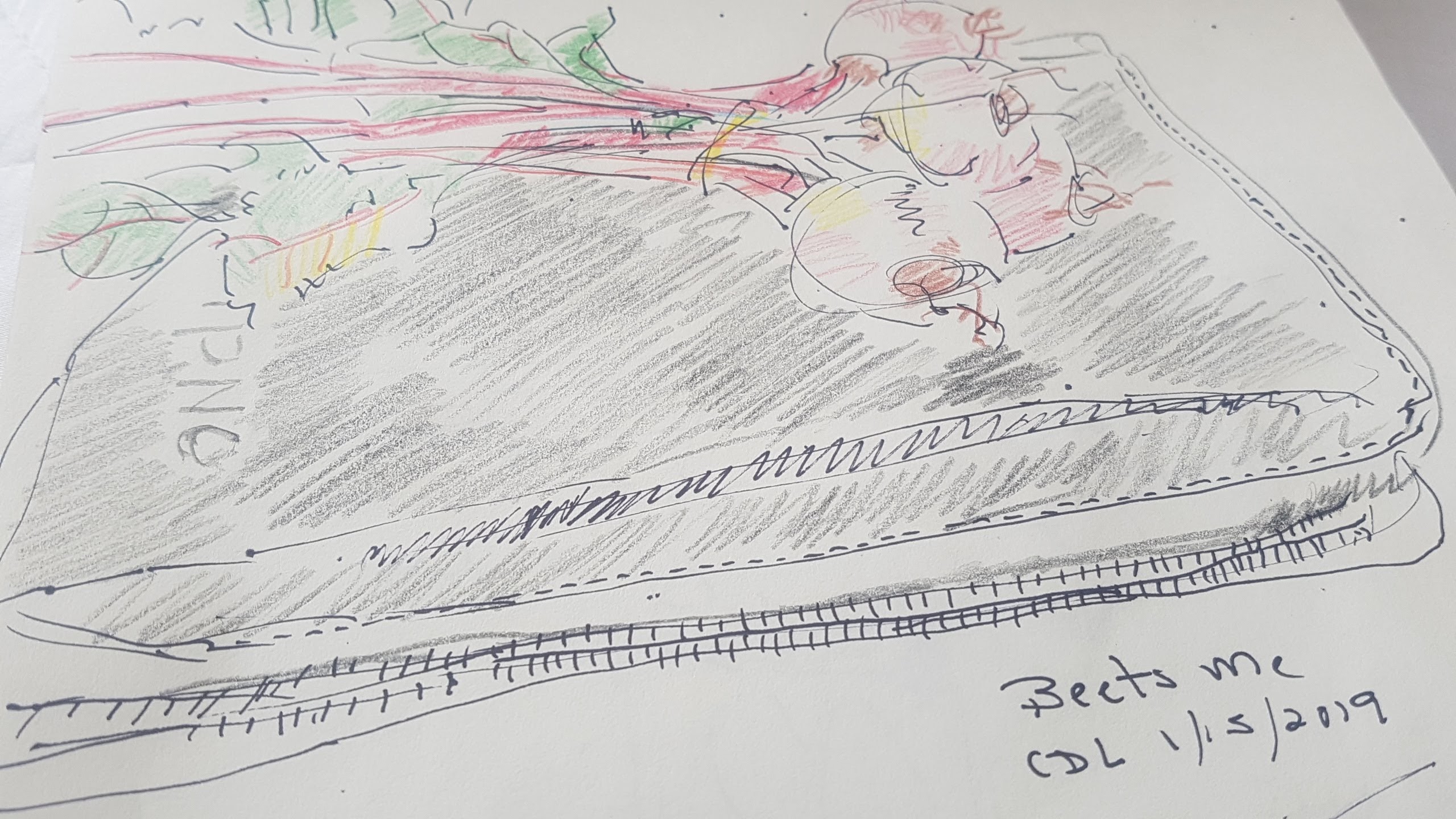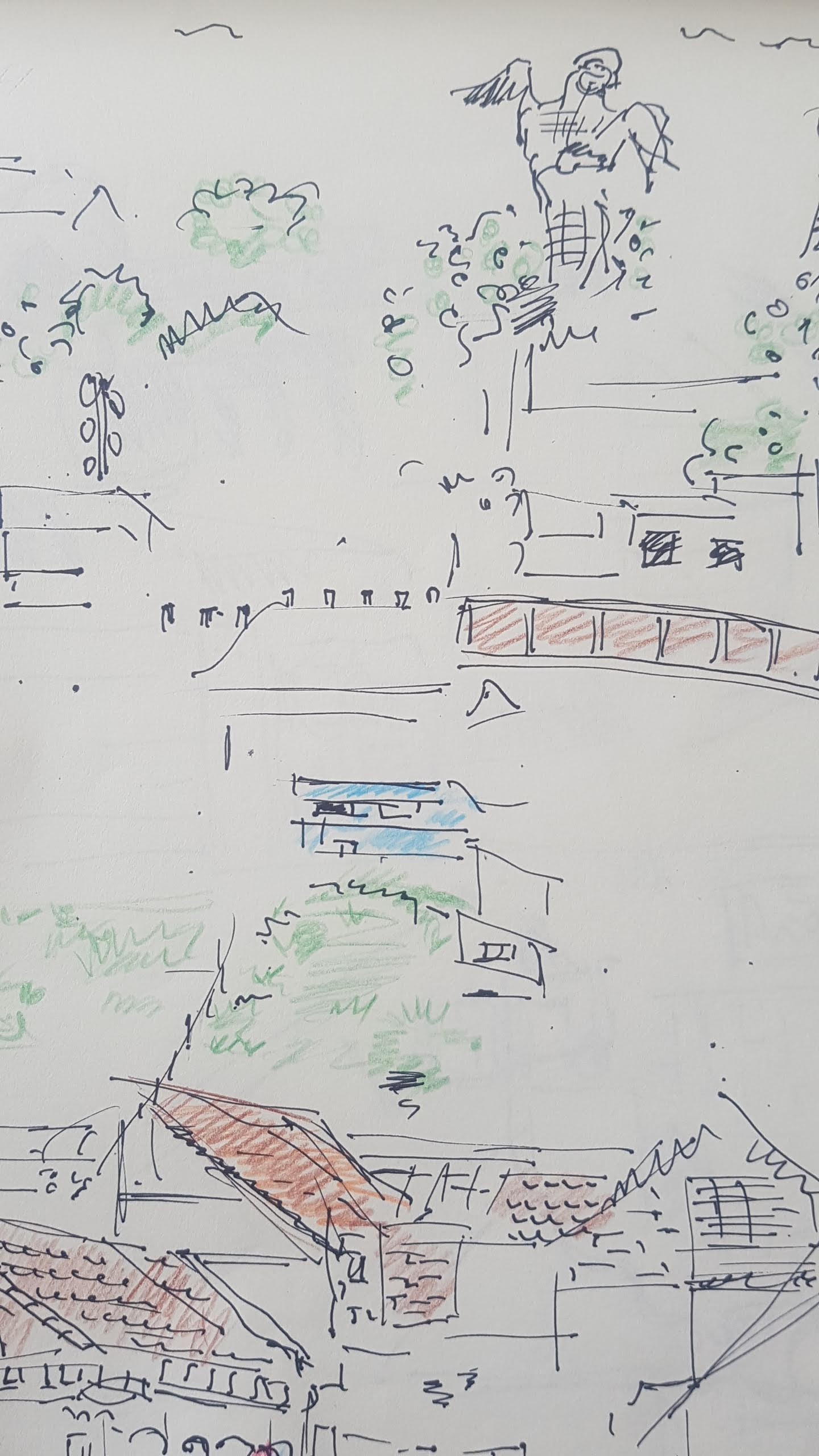Leap
Leave
Lose
Legal
Ludicrous
I am waiting to hear whether I can stay. We assembled my documents as best we can according to the latest information (which keeps changing). We woke in the middle of the night to try and make another (fourth? fifth?) appointment at the immigration office using the broken online scheduling system (which keeps breaking). Bureaucracy and crappy technology are a bad combination.
On TV here there are stories of political corruption, financial malfeasance and bus crashes. Despite this, immigrants from another country where things are worse flock across the borders. Since the fall in oil prices, professionals and working-class, immigrants and locals alike struggle to find work. People sell oranges in the streets and juggle at traffic lights.
In keeping with the Halloween spirit in my home country citizens exclaim and pontificate like people trying to dislodge a rabid bat that has flown in their house. The word loser has gotten a lot of attention there in the past few years – occupying the public rhetoric to the point of irony. It’s a sort of joke unless you are on the receiving end – among those who, to paraphrase A Wonderful Life (the title itself a bit of irony) ‘do most of the working and paying and living and dying’ in this world.

BBC/Getty Images
Love
Loyal
Laughter
Lucky
Like other immigrants, I left personal heartache and darkness; my job, my home, my city, my language, my connections – familiar landmarks by which I navigated a former life. I traveled to a different culture. I was fortunate to find new friends, affection, joy and love among intelligent, hard-working people who know how to enjoy life. Many of them have lost as well.
One had her social security savings embezzled at a previous employer. Another lost her husband to someone else. A young man in his late twenties fled from a nearby country and now works for low wages in a local restaurant. A few weeks ago we heard a Vivaldi concert with two of them. The weekend after we ate dinner and drank wine and danced at a friend’s house till three in the morning. People here know how to throw a party. If they are losers, I’m proud to be in their company.
Living in a privileged society does not make you immune from challenges and loss, of course. In the past six months a former colleague back home died in her sleep. She had a voice like angel and was afraid to tell our employer when she was diagnosed with multiple sclerosis. Another colleague in his forties who races bicycles had serious surgery last summer. A third in his fifties has a non-fatal form of leukemia and works to retain his benefits. Some self- help advice I’ve read suggests separating yourself from such people and the ‘negative energy’ they carry — a curious inversion of Christian charity.
Even though the rainy season has arrived, the strong sun requires liberal amounts of sun block. We were hoping to visit the surrounding villages and see historic sites. It’s hard to make plans. Leaving the country starts the visa process over, and I might have to pay a fine to return: Do not pass Go; Do not collect $200. Some days I feel like an exile. Contacting our embassy twice by phone and e-mail for an appointment resulted in impersonal replies to check their web site.
Lo siento (I’m Sorry)
Llegar (Arrive)
Levantar (Raise up, Carry)
Libre (Freedom)
We are all going about the business of trying to live as human beings in the face of institutions, bureaucracies and technologies that increasingly confound our notions of being human. Businesses wittingly or unwittingly abuse the talent and motivation of their employees. Countries squander the hope and goodwill of their citizens and immigrants arriving to seek a better life. Who are the losers?
We are programmed to pursue the better, the new and improved, the different. Because nothing is more constant than change, and what we have is never enough. As for me, here I am 2800 miles away from what used to be home. I tell myself in the positive thinking parlance of the day that I am going toward something. – CDL
###

